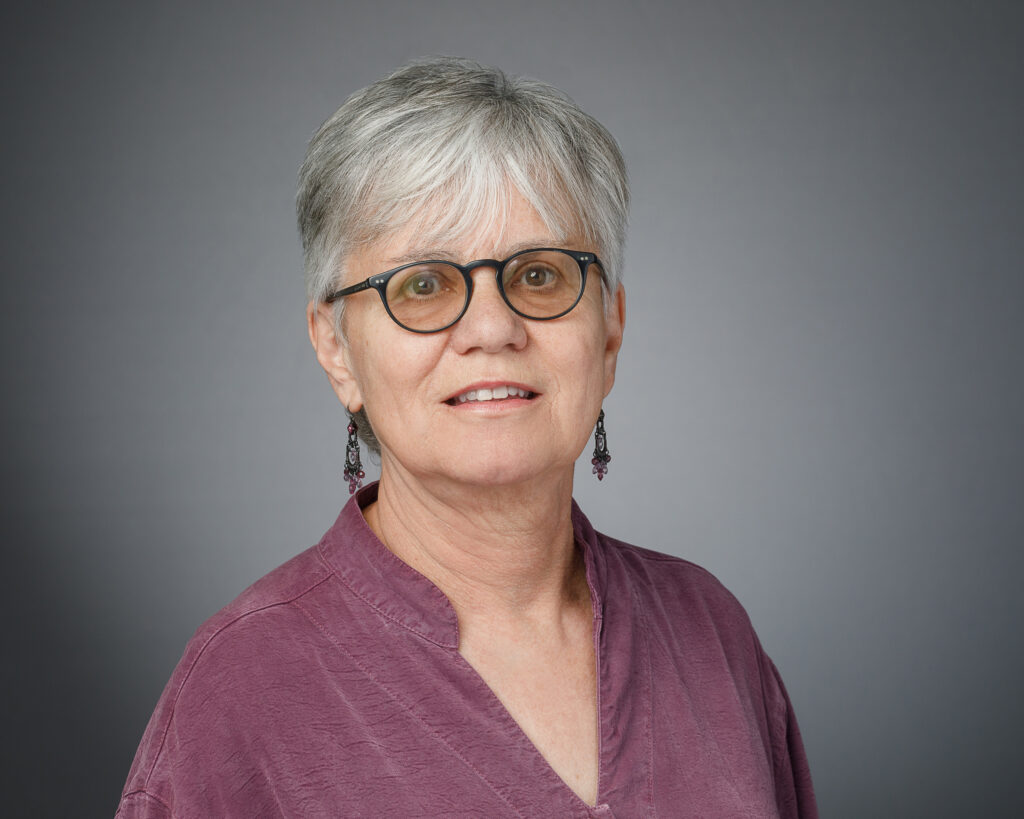R3 2025 Grantees
The Foundation is thrilled to announce the newest recipients of the R3 Grant Program. This initiative provides up to $88,000 for 18-month research projects, empowering past or current Donaghue grantees to scale, implement, or spread the impact of their previously funded research. To ensure success, applicants collaborate with consultants specializing in research dissemination, implementation, and utilization.

Thomas Gallagher, MD | University of Washington| Expanding CRPs for Senior Living Communities
Responding to harm in healthcare poses challenges for senior living communities due to limited resources and unique care environments. The original Donaghue-funded project developed and piloted a Communication and Resolution Program (CRP) curriculum tailored for senior living, focusing on effective harm response. The pilot curriculum, well-received by stakeholders, addressed a critical gap by enhancing staff communication with residents and families post-harm, aligning with CRP’s core principles.
The R3 project will partner with Marsh Senior Living to adapt and disseminate the harm communication CRP component. Utilizing in-person training, a train-the-trainer model, e-learning modules, and published tools, this initiative aims to enhance staff competency in communicating after harm events—fostering trust and safety across senior living communities.

Mary Tinetti, MD| Yale University| “Scaling Patient Priorities Care through User-Friendly Training“
Patient Priorities Care (PPC) is an evidence-based approach that aligns care with the health priorities of older adults with multiple chronic conditions, addressing challenges such as treatment burden and variable priorities. In the Donaghue-funded Cleveland Clinic study, patients receiving PPC reported reduced treatment burden and enhanced shared medication decision-making compared to usual care. There was also a trend toward fewer hospitalizations and burdensome procedures, highlighting PPC’s potential to improve outcomes in this population.
The R3 project will partner with the American College of Physicians (ACP) to update a 3-module PPC online curriculum, leveraging advanced interactive technologies and microlearning formats. These enhancements aim to increase accessibility, user engagement, and uptake among a broad range of health professionals, including physicians, nurse practitioners, and social workers.

Lara Dhingra, PhD| MJHS Institute for Innovation in Palliative Care| “Creating a Web-Based Quality-Improvement Tool to Help Nursing Homes Identify Facility-Specific Pressure-Injury Risks“
Using national data, we identified a striking interaction between resident sex and race/ethnicity (R&E) in U.S. nursing homes (NHs): Black, American Indian, and Alaskan Native women had higher pressure injury (PI) incidence than non-Hispanic White women, while R&E minority men had lower PI incidence than non-Hispanic White men. These findings highlight the need to separate data by sex to detect disparities. We revealed complex interactions among resident, NH, and community-level factors influencing PI outcomes, emphasizing the importance of targeted quality improvement (QI) initiatives to mitigate disparities and improve care.
The R3 project will develop and pilot a web-based scoring tool to help NH administrators assess facility-specific PI risk based on predictors such as resident demographics, NH characteristics, and community-level factors. The tool will guide actionable QI initiatives, with separate scoring for PI onset, healing, pain, and analgesic use. Pilot testing in diverse NHs will ensure usability and reliability. A QI framework will complement the tool, providing practical strategies for prevention, improved care, and equity-focused interventions to reduce PI disparities.